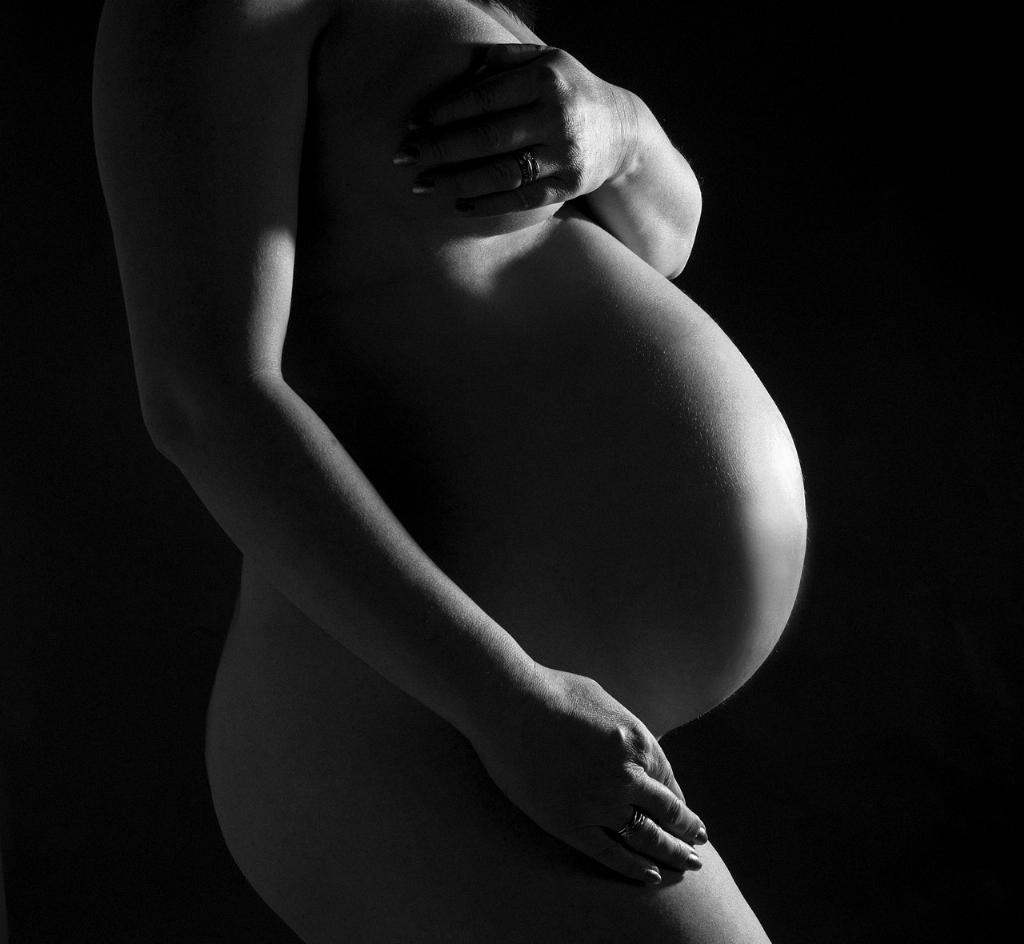When it comes to nutrition during pregnancy, it’s crucial to make healthy food choices to support not only your own well-being but also the growth and development of your baby. Peanuts and raisins are commonly debated food items in pregnancy due to their nutritional content and potential impact on the pregnancy.
The Benefits of Peanuts in Pregnancy
Peanuts are a great source of various nutrients, including protein, healthy fats, and essential vitamins and minerals. They provide a good amount of energy and can help pregnant women meet their increased calorie needs. Peanuts also contain folate, which is important for the baby’s neural tube development.
Considerations for Peanut Consumption
If you are not allergic to peanuts, incorporating them into your diet can be beneficial during pregnancy. However, it’s essential to consume them in moderation as they are calorie-dense and excessive intake may lead to unwanted weight gain. Opt for unsalted peanuts to control sodium intake.
Raisins: A Sweet and Nutritious Snack
Raisins are a natural source of sweetness and are packed with fiber, vitamins, and minerals. They can be a convenient snack option for pregnant women, offering quick energy and aiding in digestion. Raisins are also known to help regulate blood sugar levels.
Healthy Consumptions of Raisins
While raisins can be a healthy addition to your pregnancy diet, it’s important to consume them in moderation due to their natural sugar content. Eating large amounts of raisins in one sitting may lead to a spike in blood sugar levels, which is not ideal during pregnancy.
Combining Peanuts and Raisins in Pregnancy
When it comes to enjoying peanuts and raisins together during pregnancy, it can be a tasty and nutritious snack option. The combination of protein from peanuts and fiber from raisins can help keep you feeling satisfied between meals while providing essential nutrients for you and your baby.
Consulting Your Healthcare Provider
As always, it’s advisable to consult your healthcare provider or a nutritionist before making significant changes to your diet during pregnancy. They can provide personalized guidance based on your individual health status, dietary preferences, and any specific concerns you may have about certain foods.
Listening to Your Body
During pregnancy, it’s essential to listen to your body’s signals and cravings while making smart food choices. If you experience any adverse reactions after consuming peanuts or raisins, such as digestive discomfort or allergic symptoms, it’s best to avoid them and seek guidance from a healthcare professional.
Exploring Variety in Food Choices
While peanuts and raisins can be nutritious options, diversity in your diet is key to ensuring you receive a wide range of essential nutrients for a healthy pregnancy. Incorporate a variety of fruits, vegetables, whole grains, lean proteins, and dairy products to create a well-rounded eating plan.
Staying Hydrated and Active
Alongside a balanced diet, remember to drink plenty of water throughout the day to stay hydrated and support optimal bodily functions. Regular physical activity, such as prenatal yoga or walking, can also contribute to your overall well-being during pregnancy.
Final Thoughts on Peanut and Raisin Consumption
In conclusion, peanuts and raisins can be included in a healthy pregnancy diet in moderation. They offer a combination of essential nutrients and can be a convenient snack option for busy moms-to-be. By making informed choices and prioritizing your health and that of your baby, you can enjoy a nourishing and fulfilling pregnancy journey.

